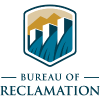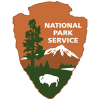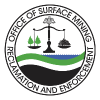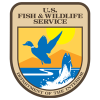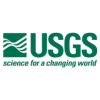Hydrology
Position Overview
The work Hydrologists do at DOI is often the basis for solving water-related problems and making water-resources decisions that can have a significant impact on life, property, regional economics, and the environment. Hydrologists do the vital work of analyzing and interpreting information on water resources to ensure the quality of our water supply and the safety of people, homes and businesses close to rivers, lakes and streams.
This position is represented at the following bureaus
Candidate Description
The ideal candidate is someone with an analytical and creative mind who can understand and interpret data. This person can understand, explain and use multifaceted scientific theories and formulas in innovative ways that solve difficult problems. Despite an unusually keen ability to understand and present the highest levels of technical and analytical hydrologic models, this person will work well with and resonate with others.
Work Environment
Hydrologists spend time in the field (sometimes in remote or offshore areas) and in office settings.
Minimum Education Requirements
Please see the Individual Occupation Requirements and the Professional and Scientific Positions Group Qualification Standard on the OPM websites.
Career Level Requirements
Responsibilities by Level
Entry:
- Collecting, quality assuring, analyzing, and evaluating data
- Interpreting information
- Performing basic research
- Applying hydrologic models
Mid:
- Providing technical advice
- Planning and coordinating projects
- Preparing technical reports
Journey:
- Serving as a technical expert for a program area
- Facilitating negotiation, protection, and acquisition of water rights
- Leading interdisciplinary teams or projects
Senior:
- Conceiving, planning and executing complex programs
- Managing a large technical organization
- Formulating national policies
Strengths by Level
-
AccountabilityHolds self and others accountable for measurable high-quality, timely, and cost-effective results. Determines objectives, sets priorities, and delegates work. Accepts responsibility for mistakes. Complies with established control systems and rules.Show Tool TipEntry 5-7Mid 9-11Journey 12-13Senior 14-15
-
Attention to DetailIs thorough when performing work and conscientious about attending to detail.Show Tool TipEntry 5-7Mid 9-11Journey 12-13Senior 14-15
-
ComplianceKnowledge of procedures for assessing, evaluating, and monitoring programs or projects for compliance with Federal laws, regulations, and guidance.Show Tool TipEntry 5-7Mid 9-11Journey 12-13Senior 14-15
-
Creative ThinkingUses imagination to develop new insights into situations and applies innovative solutions to problems; designs new methods where established methods and procedures are inapplicable or are unavailable.Show Tool TipEntry 5-7Mid 9-11Journey 12-13Senior 14-15
-
Customer ServiceWorks with clients and customers (that is, any individuals who use or receive the services or products that your work unit produces, including the general public, individuals who work in the agency, other agencies, or organizations outside the Government) to assess their needs, provide information or assistance, resolve their problems, or satisfy their expectations; knows about available products and services; is committed to providing quality products and services.Show Tool TipEntry 5-7Mid 9-11Journey 12-13Senior 14-15
-
EntrepreneurshipPositions the organization for future success by identifying new opportunities; builds the organization by developing or improving products or services. Takes calculated risks to accomplish organizational objectives.Show Tool TipEntry 5-7Mid 9-11Journey 12-13Senior 14-15
-
FlexibilityIs open to change and new information; adapts behavior or work methods in response to new information, changing conditions, or unexpected obstacles; effectively deals with ambiguity.Show Tool TipEntry 5-7Mid 9-11Journey 12-13Senior 14-15
-
Interpersonal SkillsTreats others with courtesy, sensitivity, and respect. Considers and responds appropriately to the needs and feelings of different people in different situations.Show Tool TipEntry 5-7Mid 9-11Journey 12-13Senior 14-15
-
Oral CommunicationExpresses information (for example, ideas or facts) to individuals or groups effectively, taking into account the audience and nature of the information (for example, technical, sensitive, controversial); makes clear and convincing oral presentations; listens to others, attends to nonverbal cues, and responds appropriately.Show Tool TipEntry 5-7Mid 9-11Journey 12-13Senior 14-15
-
Organizational AwarenessKnows the organization's mission and functions, and how its social, political, and technological systems work and operates effectively within them; this includes the programs, policies, procedures, rules, and regulations of the organization.Show Tool TipEntry 5-7Mid 9-11Journey 12-13Senior 14-15
-
Problem SolvingIdentifies problems; determines accuracy and relevance of information; uses sound judgment to generate and evaluate alternatives, and to make recommendations.Show Tool TipEntry 5-7Mid 9-11Journey 12-13Senior 14-15
-
Project ManagementKnowledge of the principles, methods, or tools for developing, scheduling, coordinating, and managing projects and resources, including monitoring and inspecting costs, work, and contractor performance.Show Tool TipEntry 5-7Mid 9-11Journey 12-13Senior 14-15
-
ReasoningIdentifies rules, principles, or relationships that explain facts, data, or other information; analyzes information and makes correct inferences or draws accurate conclusions.Show Tool TipEntry 5-7Mid 9-11Journey 12-13Senior 14-15
-
TeamworkEncourages and facilitates cooperation, pride, trust, and group identity; fosters commitment and team spirit; works with others to achieve goals.Show Tool TipEntry 5-7Mid 9-11Journey 12-13Senior 14-15
-
Technical CompetenceUses knowledge that is acquired through formal training or extensive on-the-job experience to perform one's job; works with, understands, and evaluates technical information related to the job; advises others on technical issues.Show Tool TipEntry 5-7Mid 9-11Journey 12-13Senior 14-15
-
WritingRecognizes or uses correct English grammar, punctuation, and spelling; communicates information (for example, facts, ideas, or messages) in a succinct and organized manner; produces written information, which may include technical material, that is appropriate for the intended audience.Show Tool TipEntry 5-7Mid 9-11Journey 12-13Senior 14-15
Common Pathways
Candidates who made this career change most commonly held these occupations...
Hydrologic Technician
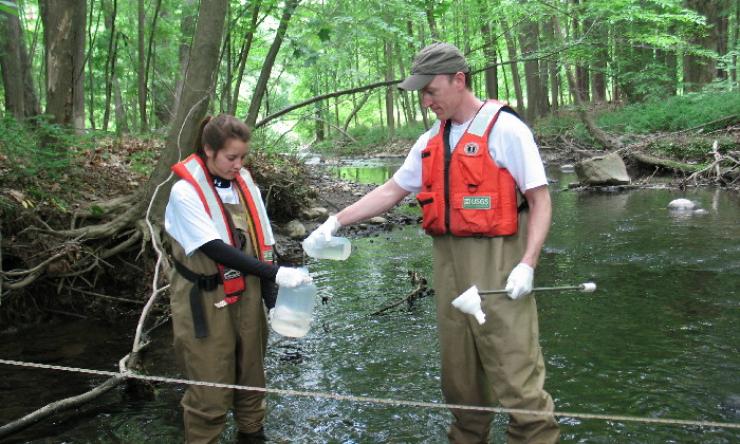
Civil Engineering
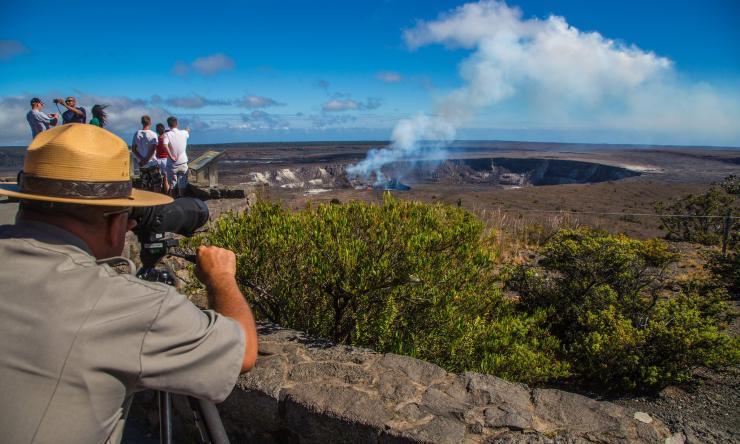
Natural Resources Management and Biological Sciences
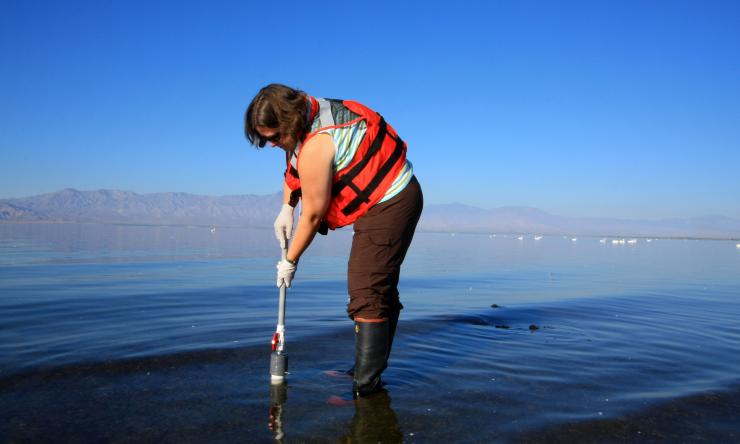
- 0028 - Environmental Protection Specialist
- 0150 - Geography
- 0303 - Miscellaneous Clerk and Assistant
- 0343 - Management and Program Analysis
- 0430 - Botany
- 0455 - Range Technician
- 0470 - Soil Science
- 0482 - Fish Biology
- 1101 - General Business and Industry
- 1320 - Chemistry
- 1399 - Physical Science Student Trainee
- 2210 - Information Technology Management



